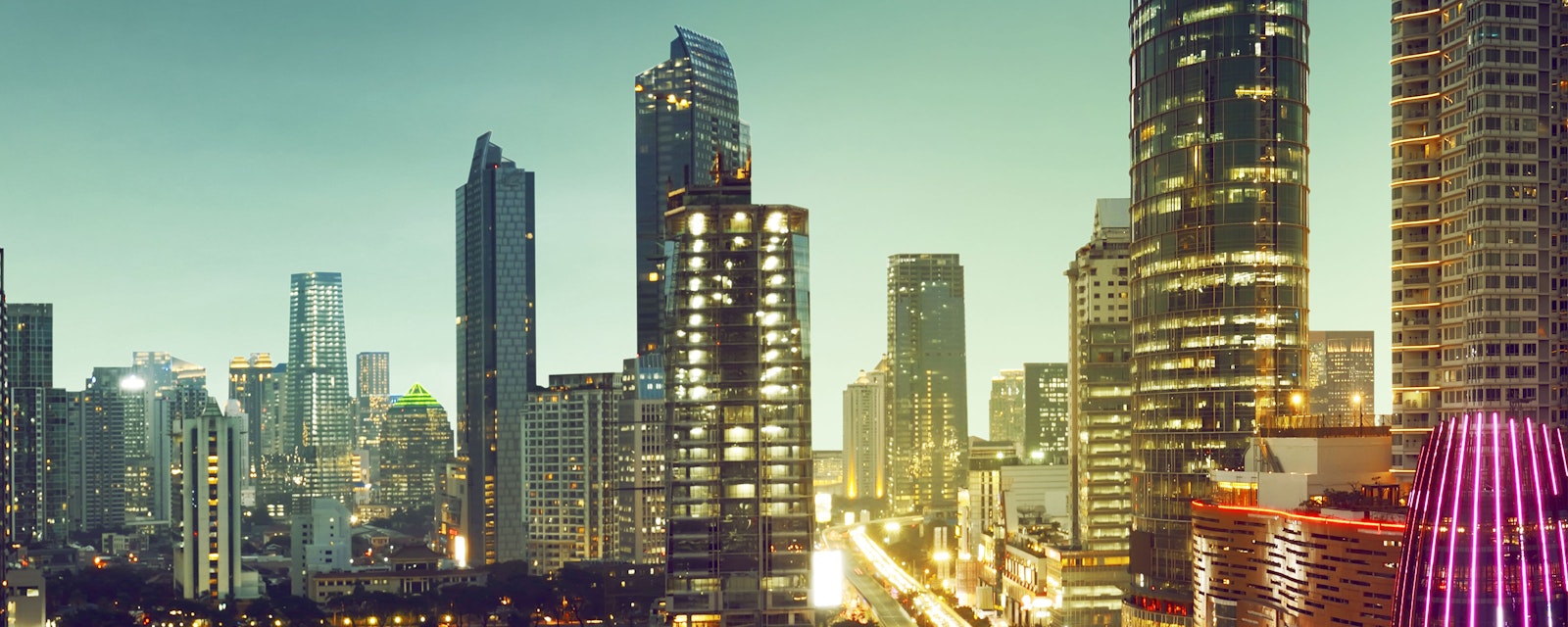President Joko Widodo has chosen cleric Ma’ruf Amin to be his vice-presidential running-mate while retired general Prabowo Subianto has selected Jakarta-vice governor Sandiaga Uno. Although more will be said about Widodo’s choice and the reaction to his drafting of Amin will be mixed, the vice-presidential candidates are unlikely to shift the current election dynamics significantly.
Amin, an established conservative and head since 2015 of the Indonesian Clerics Council (MUI), establishes the ticket’s Islamic credentials and reduces the probability of race or religion becoming prominent and distracting issues both during the campaign and a potential second Widodo term. It deprives hardline Islamic groups space to attack him during the campaign. With Amin, Widodo can consolidate his voter bases in the Nahdlatul Ulama (NU), Indonesia’s largest Muslim organization, where Amin is the advisory chair of the leadership board. NU members play key roles in parties such as the National Awakening Party (PKB) and United Development Party (PPP).
On the other hand, Amin will be 75 by the time of next year’s elections, and his track record is mixed. He is a proponent of Islam Nusantara, which advocates tolerance for diversity and recognizes pluralism. However, Amin was one of the key figures who spoke out against Widodo ally Basuki Purnama during last year’s gubernatorial elections in Jakarta and testified against Purnama during his blasphemy trial.
Much will be made about how Widodo has chosen political expediency in making the selection but, since the vice president historically has had little policy influence and no tangible power or role, whether this ultimately becomes a problem depends on the role that Amin takes. The best-case scenario is for Amin to help Widodo consolidate support for the elections and issue commentary on social issues, but remain largely in the background during the president’s second term. The worst-case scenario is that Amin uses his position to raise the visibility or even push Islamic doctrines into policy debates, which could lead to more polarized domestic politics. This could in turn give hardline groups political clout and legitimacy.
Prabowo’s selection of Sandiaga Uno was a surprise, especially with the intense lobbying by former president Susilo Bambang Yudhoyono for his son Agus to be the opposition’s vice-presidential candidate. However, Agus fared badly during the Jakarta gubernatorial elections and his main – and maybe only – value was the arguably questionable pull of the Yudhoyono name.
Uno, who just turned 49, may provide some contrast to Amin, because of his relatively younger age and business background, and he may still attract some Jakarta voters. Uno is western educated and has been prominent in private equity in Indonesia. Uno’s wealth may have also been a consideration for Prabowo, who had previously complained of the logistical challenges of another run for the presidency. However, like Amin, his likely effect on voter preferences will be marginal. Indonesians still vote for the name on the presidential ticket, with the vice president being a far, secondary consideration. For Uno, given his age, the 2019 elections may also be to test the waters for a presidential run in 2024.




